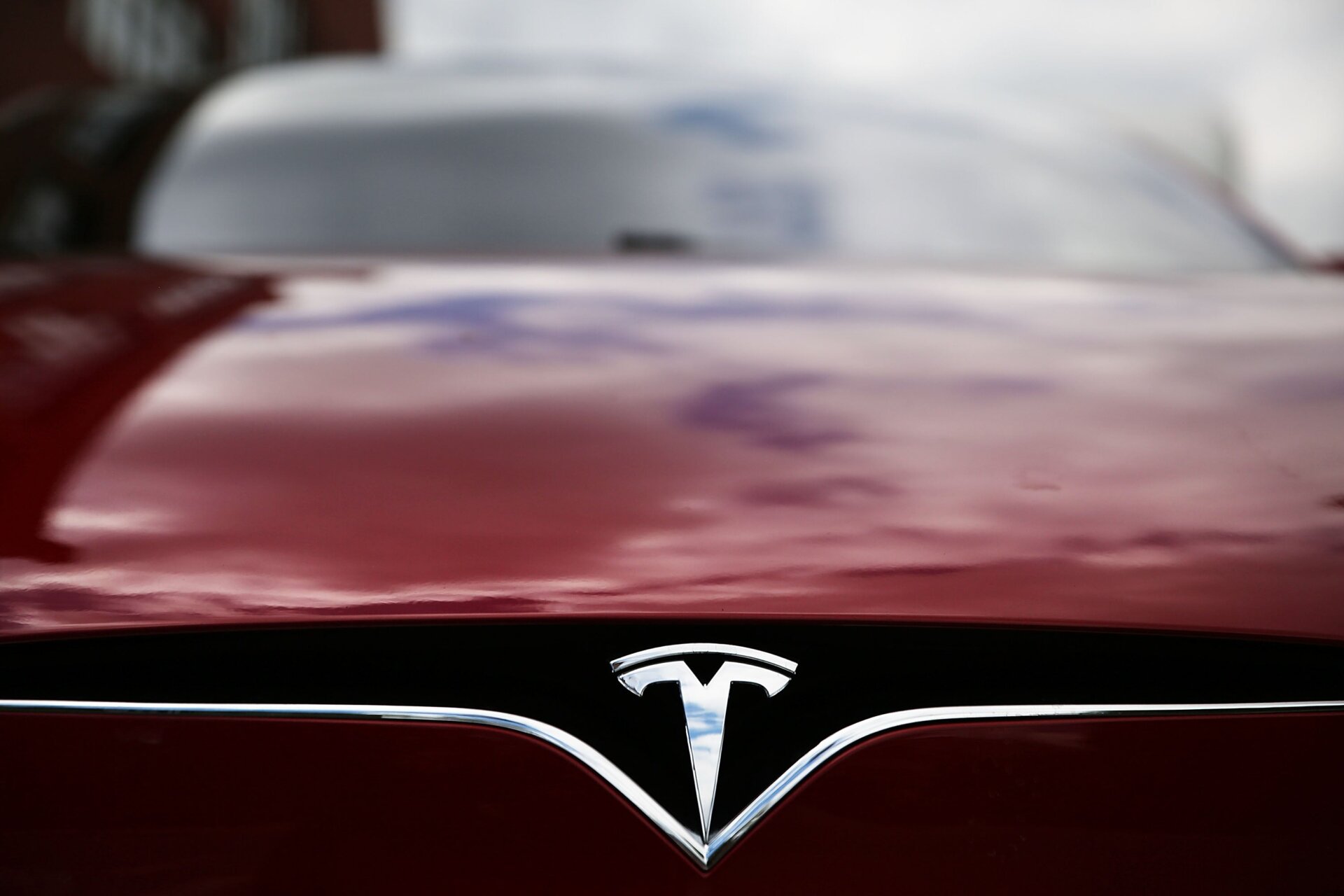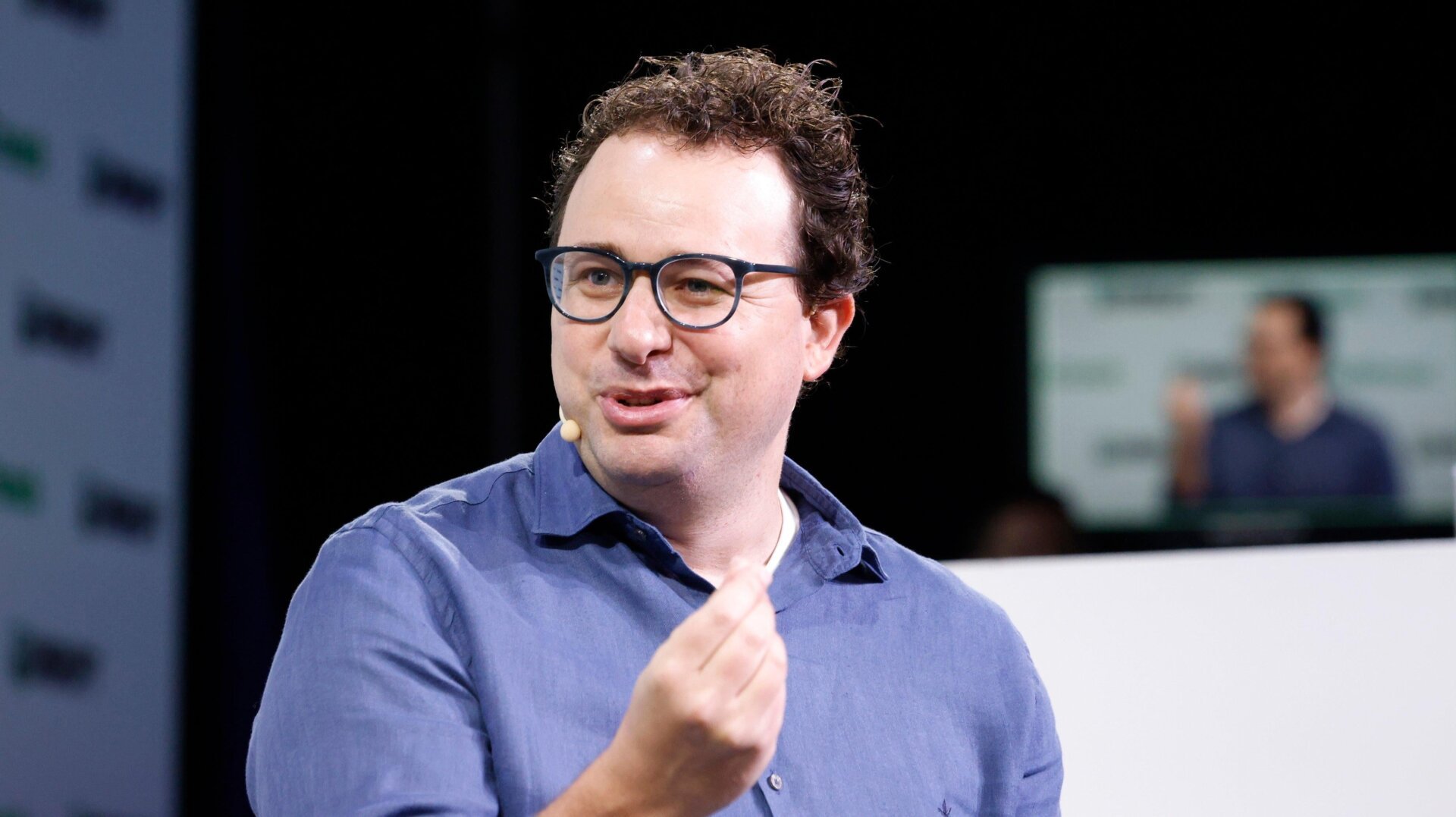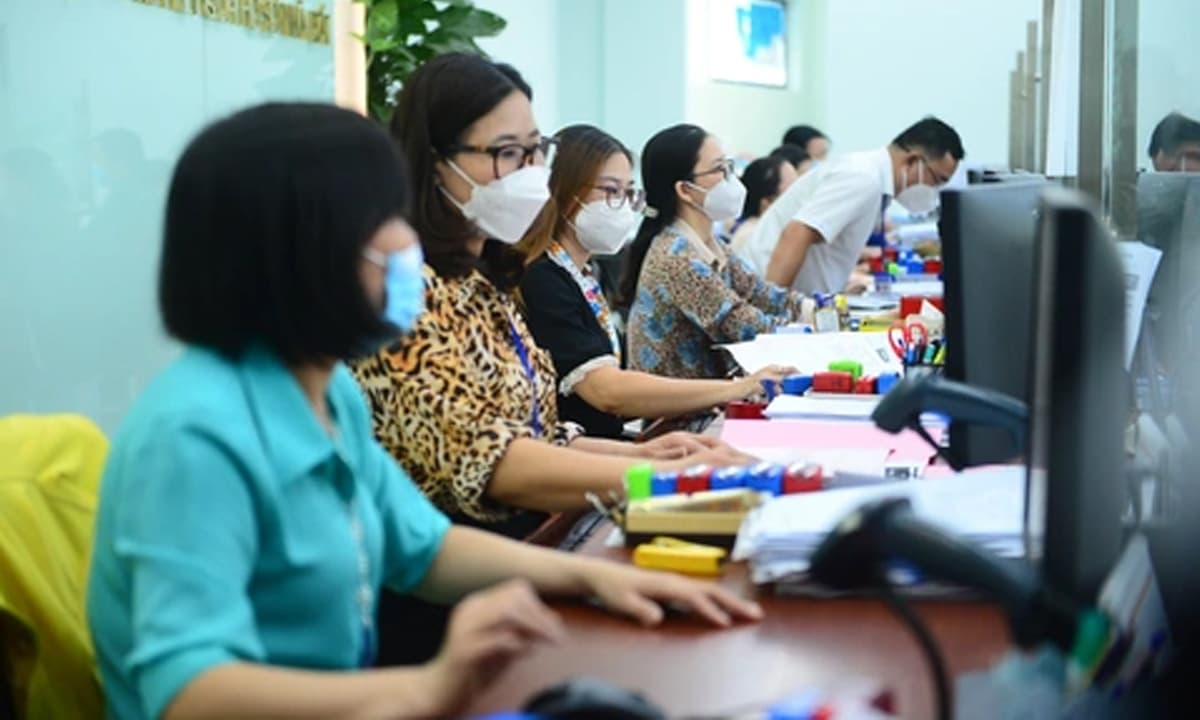Tesla Ordered to Pay More Than $200 Million Over Fatal Autopilot Crash

A jury in Florida found Tesla partially liable for a fatal 2019 crash involving one of the company’s vehicles operating in Autopilot mode. The jury awarded a combined $243 million in punitive and compensatory damages to Tesla, according to The New York Times.
The incident in question occurred in Key Largo, Florida, in 2019. George McGee was behind the wheel of a Tesla Model S and had the company’s Autopilot software activated while traveling down a two-lane road at night. As the car drove through the intersection while McGee was searching for his phone, it crashed into the back of a legally parked black SUV at a speed of more than 50 miles per hour. Naibel Benavides, a 22-year-old college student, and her boyfriend, Dillon Angulo, were standing outside the vehicle at the time of impact. Angulo sustained serious injuries from the crash, and Benavides lost her life as a result of the collision.
The Florida jury found that McGee bore 2/3rds of the responsibility for the crash, but Tesla was responsible for 1/3rd of it, as the company’s Autopilot software failed to brake while approaching the intersection that it ultimately sped through before initiating the deadly crash.
“Tesla designed Autopilot only for controlled access highways yet deliberately chose not to restrict drivers from using it elsewhere, alongside Elon Musk telling the world Autopilot drove better than humans,” Brett Schreiber, counsel for the plaintiffs, told CNBC.
Tesla denounced the ruling and said that it plans to appeal the decision. “Today’s verdict is wrong and only works to set back automotive safety and jeopardize Tesla’s and the entire industry’s efforts to develop and implement life-saving technology. We plan to appeal given the substantial errors of law and irregularities at trial,” Tesla said in a statement, per The Times.
Of the many lawsuits brought against Tesla for failures stemming from its autonomous systems, this was the first to go to a jury trial. Tesla has previously settled out of court to avoid trial—a route the company took earlier this year to avoid proceedings related to another 2019 incident in which a Model 3 allegedly failed to avoid a collision with a tractor-trailer.
The ruling, which the judge in the case accepted, comes as Tesla is attempting to ramp up its fully autonomous “Robotaxi” service, which allows people to request rides from driverless Tesla vehicles. The company’s limited launch in Austin, Texas, was plagued by dangerous driving from the Robotaxis. The company started offering the service in San Francisco last month, though the vehicles have a human in the driver’s seat.








